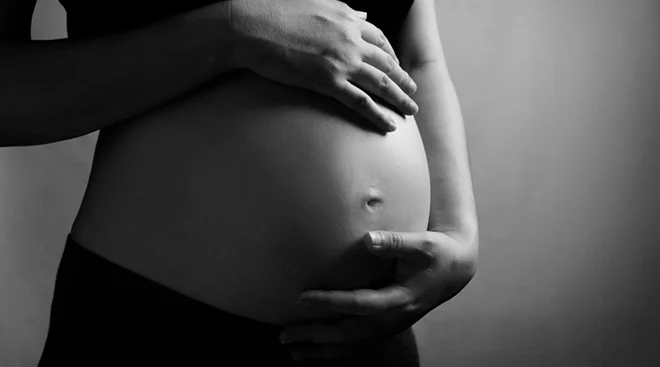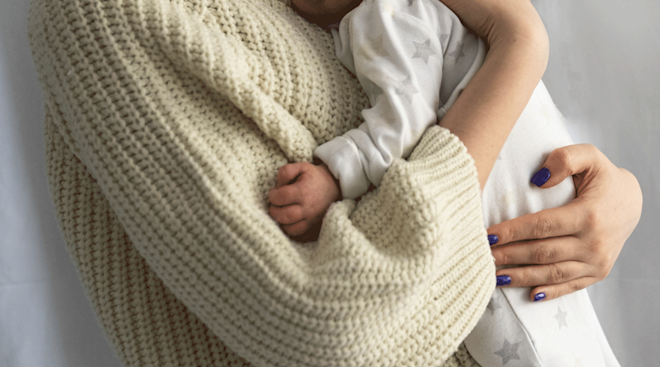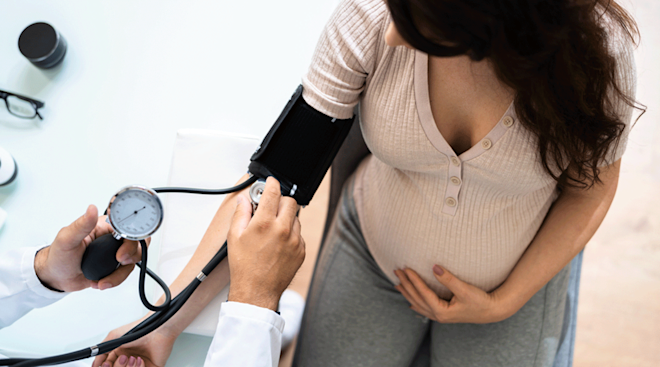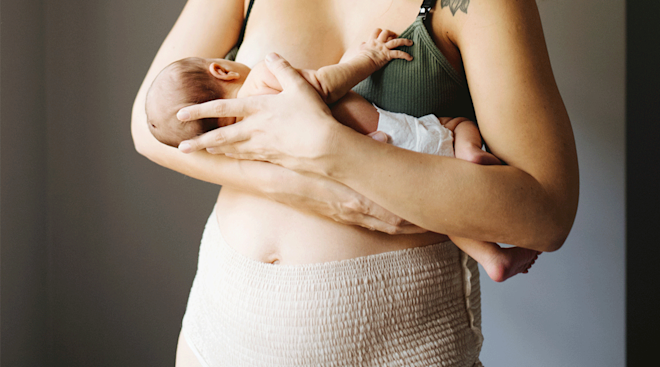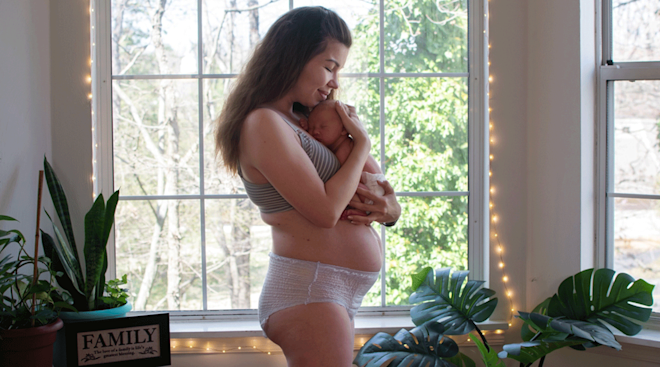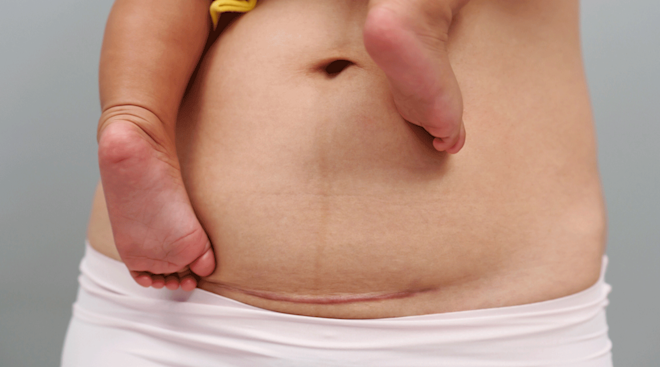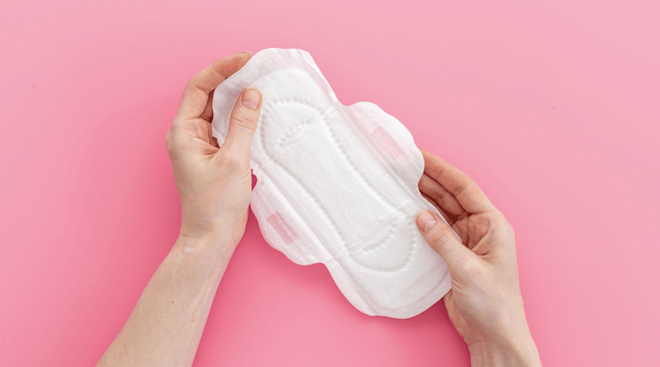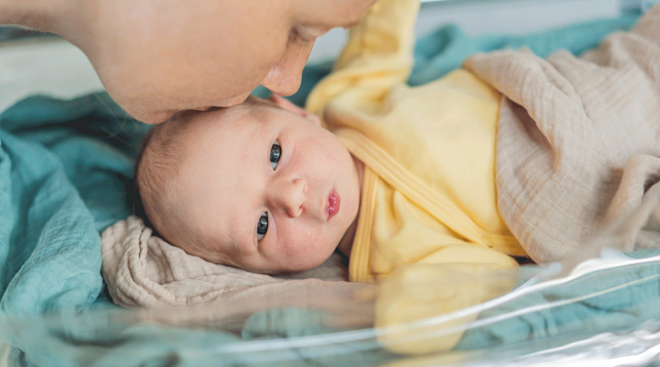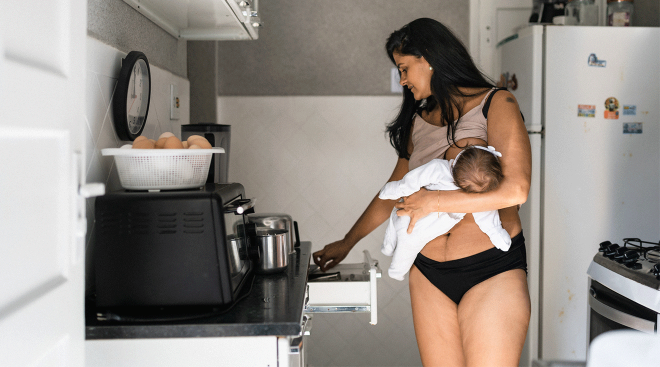84 Percent of Pregnancy-Related Deaths Are Preventable, CDC Says
A new report from the Centers for Disease Control (CDC) has once again brought the need for better maternal healthcare to the attention of Americans everywhere. While the United States currently has the highest maternal mortality rate of any developed country, the CDC’s report reminds us that it doesn’t have to be this way. In fact, the new data shows that 4 out of 5 pregnancy-related deaths can be prevented.
From 2017-2019 diverse groups of people from clinical and non-clinical backgrounds have assembled Maternal Mortality Review Committees (MMRCs) in 36 US states to review the circumstances around pregnancy-related deaths and identify recommendations to prevent future deaths. The committees’ findings were recently published by the CDC alongside a press release stressing the need for change.
“The report paints a much clearer picture of pregnancy-related deaths in this country,” said Wanda Barfield, MD, MPH, and the director of CDC’s Division of Reproductive Health in the release. “The majority of pregnancy-related deaths were preventable, highlighting the need for quality improvement initiatives in states, hospitals, and communities that ensure all people who are pregnant or postpartum get the right care at the right time.”
Key stats from the report
The data shows that 22 percent of pregnancy-related deaths occurred during pregnancy, 25 percent on the day of delivery or within seven days after, and 53 percent occurred between seven days to one year after pregnancy.
While the underlying causes of pregnancy-related death varied depending on race, the leading causes included:
- Mental health conditions (23%) The leading cause among Hispanic and non-Hispanic white people.
- Excessive bleeding (14%) The leading cause among non-Hispanic Asian people.
- Cardiac and coronary conditions (13%) The leading cause among non-Hispanic Black people.
- Infection (9%)
- Thrombotic embolism (a type of blood clot) (9%)
- Cardiomyopathy (a disease of the heart muscle) (9%)
- Hypertensive disorders of pregnancy (relating to high blood pressure) (7%)
What the numbers mean
These statistics point to a clear and major need for more postpartum and mental health care beyond the US standard. The traditional six-week postpartum checkup with a doctor or midwife isn’t cutting it. Mothers today need more support from day one and beyond. Postpartum care of your body and mind can be one of the most taxing parts of pregnancy—one that not just the healthcare system but friends, family and community members often overlook.
Excessive bleeding and cardiac conditions also need to be better monitored and controlled during childbirth. Pregnant people and their doctors need to have an open and honest dialogue about their past family and personal medical history to better prepare for these conditions during labor and delivery.
What we can do about it
The CDC points to a few ways healthcare professionals and community members can help prevent pregnancy-related deaths:
- All healthcare professionals should ask whether their patient is pregnant or has been pregnant in the last year to inform diagnosis and treatment decisions.
- Communities, families and other support systems need to be aware of the serious pregnancy-related complications that can happen during and after pregnancy.
- Listen to the concerns of people who are pregnant and have been pregnant during the last year to help them get the care they need.
MMRCs also advocate for:
- Wider access to insurance coverage to improve prenatal care initiation and follow-up after pregnancy
- Opportunities to prevent barriers to transportation to care
- Systems of referral and coordination
By taking these steps and focusing more on maternal mental health and postpartum care, America may have a chance at preventing more pregnancy-related deaths. Find more information on how you can advocate for game-changing maternal mental health legislation here.
Navigate forward to interact with the calendar and select a date. Press the question mark key to get the keyboard shortcuts for changing dates.

































